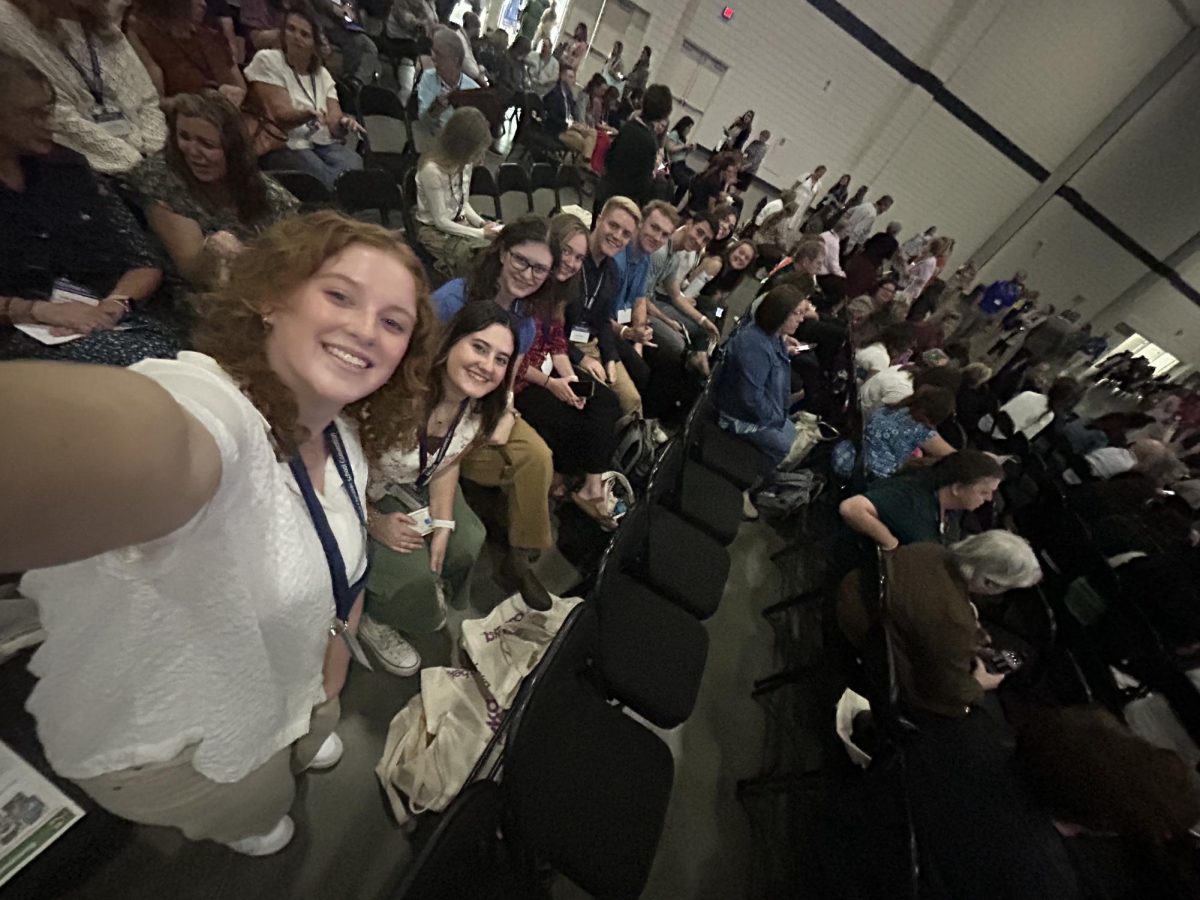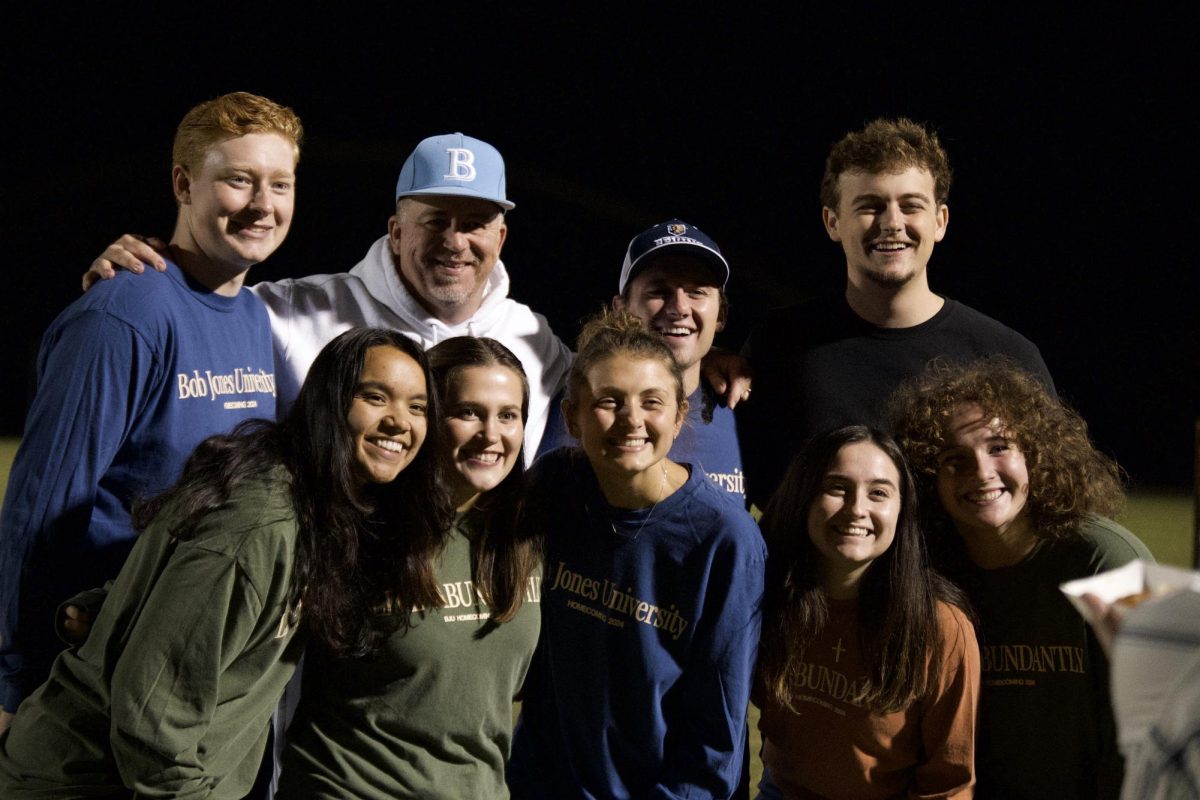About a year after our old dog died, my family decided to adopt a 7-or-so-year-old thin-coat retriever named Clue. Her name proved to be quite bitterly ironic, because Clue’s default state turned out to be cluelessness.
This becomes particularly frustrating in relation to her personal hygiene. Whenever she needs to be brushed or get her ears cleaned or have her nails trimmed, Clue simply refuses to stay still. This obviously made the previously mentioned activities quite difficult. No matter how many times I tried to pacify her with treats or reassure her that I was trying to help her or point out that she was not at all being hurt by having a brush run through her fur, Clue still refused to cooperate.
One day, when I was stewing about my dog’s refusal to let her now frighteningly long nails be trimmed, I remembered some things people had told me about how stubborn I am about accepting help. There are few things more humbling than mentally comparing one of your faults to your dog’s behavior. I tend to be a very proud person, stubbornly refusing to share my problems or concerns with anyone and having a self-righteous sense of superiority because of my “independence.”
Based on experience, I think it’s safe to say this problem is not exclusive to me but relatively common among all members of the human race. And apparently to canines as well, to some extent. Even the most open and freely-sharing of us can enjoy maintaining a sense of independence and thinking that we don’t need anyone but ourselves.
However, as much as we may wish otherwise, we simply aren’t wired to function purely independently. Humans have always been social creatures, as far back as the first man and woman. We need to love and trust others in order to function at our fullest.
Contrary to popular opinion, trusting others to help us and share our concerns shows strength, not weakness. If you asked me at any point in my life if it’s easier to reach out and ask for help or “handle it myself” as usual, I would always say the latter.
Trusting friends and family always takes emotional energy, and that risk is not always rewarded. But that does not mean we should never try it or that it isn’t worth it.
The Bible explicitly states this truth in multiple places.
Ecclesiastes 4:9—10 says, “Two are better than one . . . For if they fall, the one will lift up his fellow: but woe to him that is alone when he falleth; for he hath not another to help him up.”
Proverbs 11:14 similarly says, “Where no counsel is, the people fall: but in the multitude of counsellors there is safety.”
And above all, as Christians, we can always trust God, even when the people in our life seem out of reach or unreliable. Even though He too may seem out of reach at times, apart from God, we wouldn’t be capable of doing anything on our own.
So now, when I find myself going through a hard time and starting to pull away from the ones who care about me, I think of my adorable, stubborn dog and do my best to stay still and accept help.
And as far as Clue is concerned, she did let me brush her back and trim one nail before I left for the fall semester, so there may even be hope there, too.



























































